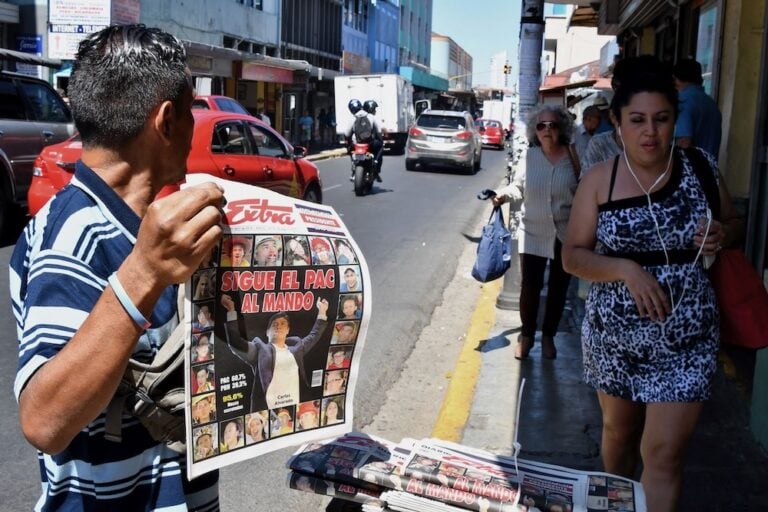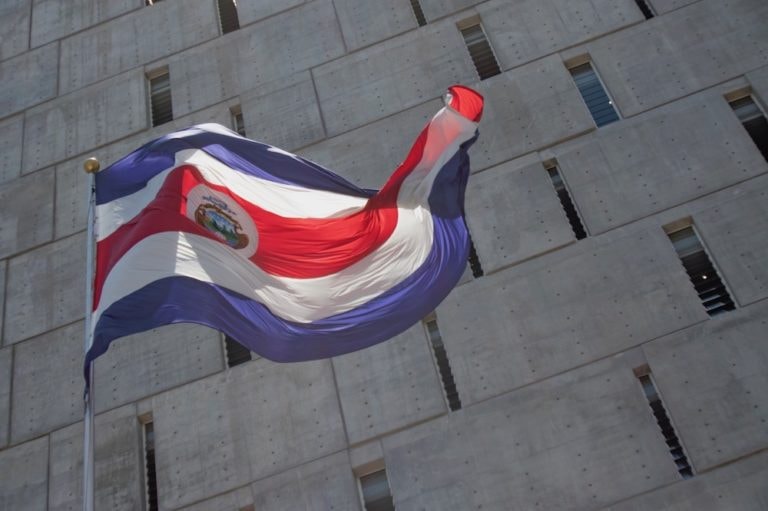(AMARC/IFEX) – On 25 May 2005, the Public Prosecutor’s Office searched the premises of the Public Safety and Governance Ministry’s national radio broadcasting regulatory office (Oficina de Control Nacional de Radio), the home of the office’s director, the national organisation representing private radio and television business owners (Cámara Nacional de Radio), and four security services […]
(AMARC/IFEX) – On 25 May 2005, the Public Prosecutor’s Office searched the premises of the Public Safety and Governance Ministry’s national radio broadcasting regulatory office (Oficina de Control Nacional de Radio), the home of the office’s director, the national organisation representing private radio and television business owners (Cámara Nacional de Radio), and four security services companies.
The searches were carried out as part of an investigation resulting from a complaint filed in September 2004 by a network of civil society organisations (Red por el Derecho a la Comunicación y la Información), which are seeking legislative changes needed in order to allow citizens genuine, democratic access to the means of mass communication, via the establishment of their own media outlets, especially radio stations.
The complaint, signed by Francisco González, of Radioestación, was supported by Milton Chávez, an official of the national regulatory office. Both provided the criminal investigations bureau (Organismo de Investigación Judicial, OIJ) with various documents that not only cast doubt on the justification for actions of both public and private sector officials regarding the granting of radio frequencies, but also allegedly provide evidence of the payment of “handouts” and “donations” to officials, that is to say, of corruption.
The Second Criminal Circuit Court requested the seizure of various electronic and printed documents, such as the minutes of the national radio business owners’ group’s 2003 and 2004 meetings, the national regulatory office’s files, and other documents that may shed light on the matters under investigation.
According to statements made by OIJ director Jorge Rojas to the media, the investigation is in a preliminary phase and the searches are normal procedures undertaken to clarify if complaints of illicit acts have some basis in fact.
Governance Vice-Minister Miguel Quesada Niño has told the press that the complaints refer only to the allegedly illegal granting of three radio frequencies which should not have been granted because of technical reasons. However, subsequently the technical requirements were met, the vice-minister claims, and the frequencies were granted properly.


